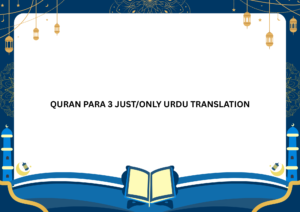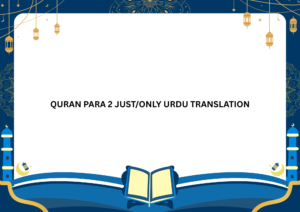Prophet Mohammed, also known as Muhammad, was the founder of Islam and is considered as the last prophet in Islam by Muslims. He was born in Mecca in the year 570 CE and died in 632 CE. He is a highly revered figure in Islam and is respected and loved by Muslims all over the world.
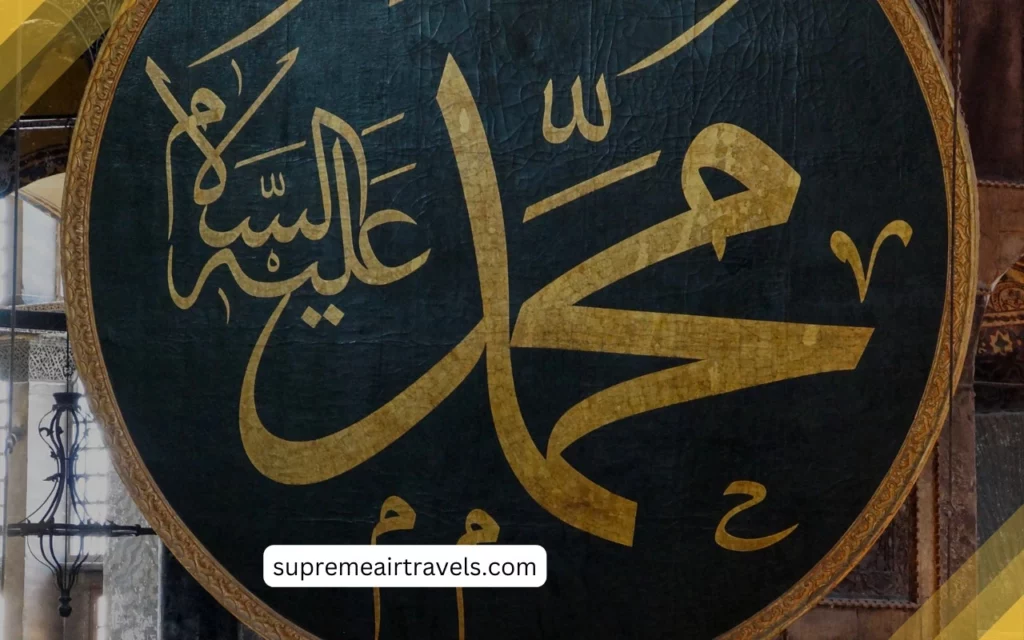
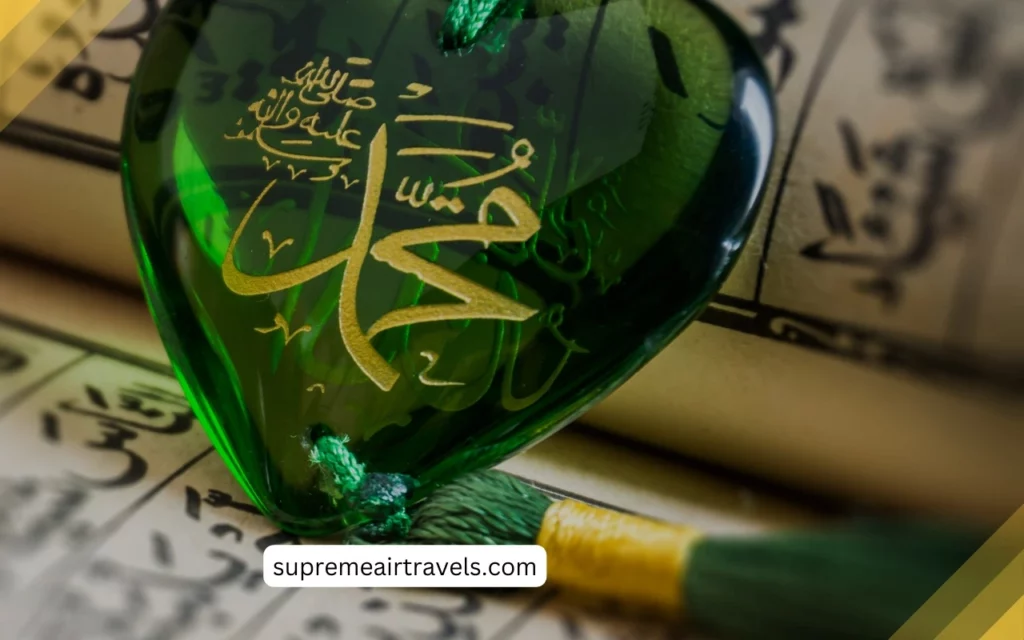
Early Life
Prophet Mohammed was born into a respected family of the Quraysh tribe in Mecca. Despite being born into a well-off family, he faced a difficult childhood as he lost his mother at a young age and was raised by his grandfather and uncle. Despite facing many challenges, he grew up to be a honest and trustworthy man who was known for his compassion and fairness.
Revelation of Prophet Hood
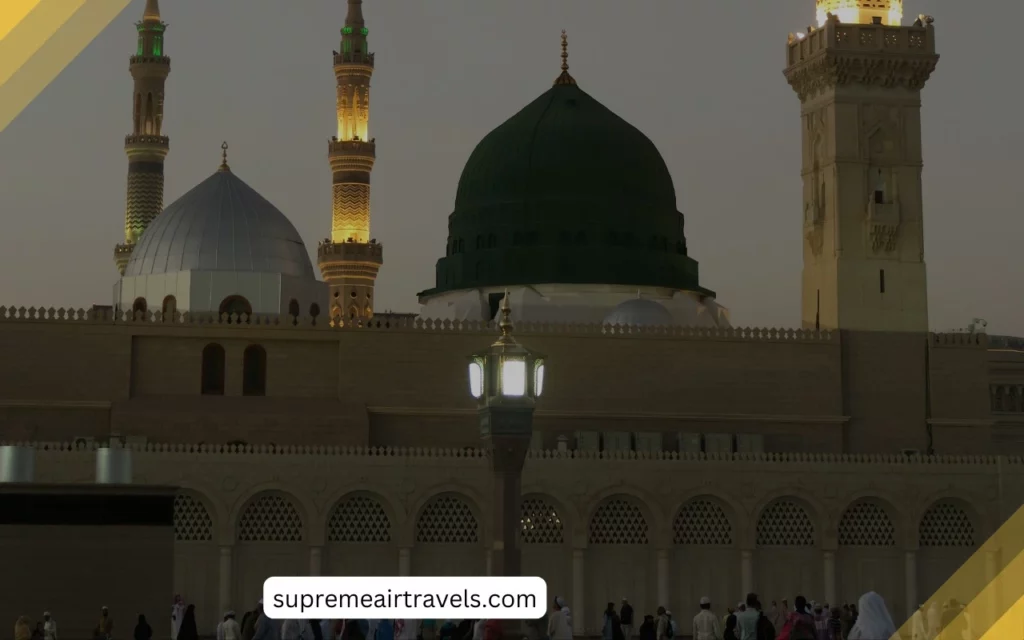
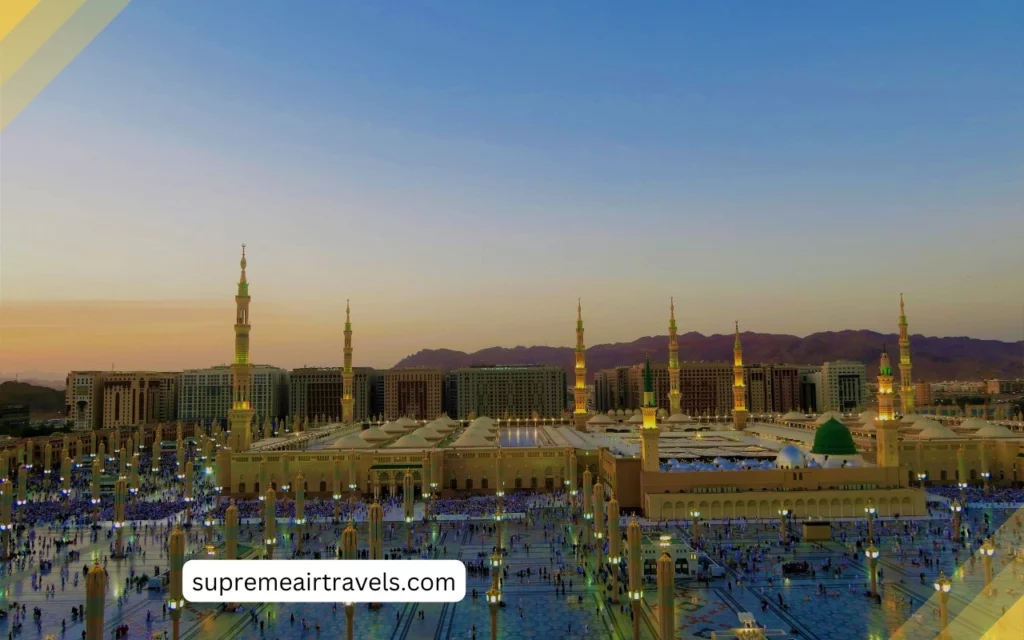
Prophet Mohammed began receiving revelations from Allah (God) through the angel Gabriel at the age of 40. These revelations were later compiled into the holy book of Muslims, the Quran. The revelations continued for a period of 23 years and were a source of guidance for Muslims. The teachings of the Quran helped to shape the beliefs and practices of Muslims and the Prophet became the messenger of God to guide people towards the right path.
Preaching of Islam
Prophet Mohammed started preaching the message of Islam to the people of Mecca and its surrounding areas. He faced a lot of opposition from the leaders of Mecca, who were threatened by his message of monotheism and social justice. Despite the opposition, the Prophet continued to preach and eventually gained a following of people who believed in his message.
Hijra to Medina
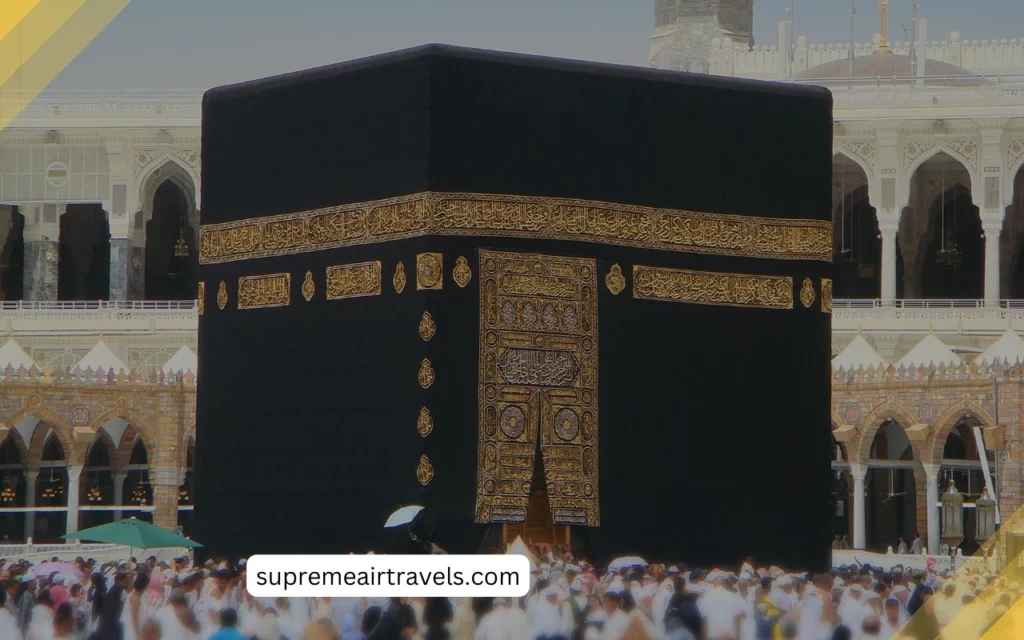
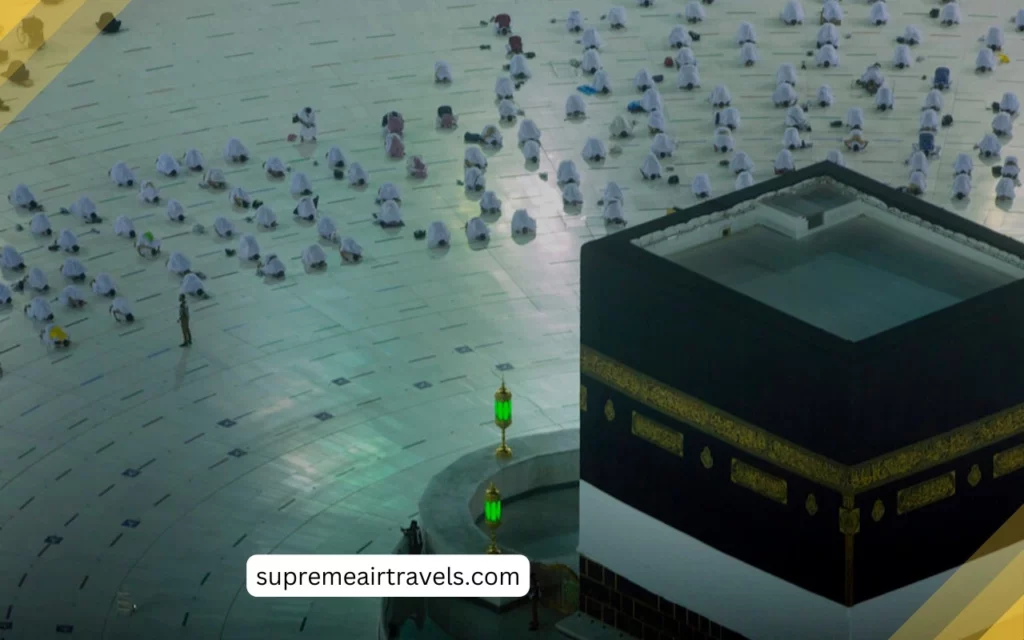
Due to the growing opposition and persecution of the Muslims in Mecca, Prophet Mohammed and his followers migrated to Medina in 622 CE. This event is known as the Hijra and marks the beginning of the Islamic calendar. In Medina, the Prophet established the first Islamic state and continued to spread the message of Islam. He signed a peace treaty with the Jews of Medina and established a constitution that ensured equality and justice for all citizens.
The Conquest of Mecca
After several years of peaceful coexistence in Medina, the Prophet and his followers were able to conquer Mecca and bring an end to the opposition they faced. The Prophet forgave his enemies and allowed the people of Mecca to embrace Islam peacefully. This event marked a turning point in the spread of Islam and the Prophet continued to spread the message of Islam to other parts of Arabia and beyond.
Legacy of the Prophet
Prophet Mohammed left behind a legacy of compassion, fairness, and justice. He is revered by Muslims as a symbol of peace and guidance and is an inspiration for millions of people around the world. The teachings of the Prophet have shaped the beliefs and practices of Muslims and continue to guide them in their daily lives. He is an important figure not only in Islamic history but also in world history and his influence has been felt for centuries.
Conclusion
Prophet Mohammed is a revered figure in Islam and his life and teachings continue to inspire and guide Muslims today. Despite facing opposition and persecution, he never wavered in his mission to spread the message of Islam and bring people closer to God. The legacy of the Prophet is a testament to his compassion, fairness, and unwavering commitment to the truth. He will always be remembered as a symbol of peace and guidance for generations to come.
If you’re planning to embark on a spiritual journey to Mecca for Umrah, you’ll need to secure an Umrah visa before your trip. Our easy-to-use Umrah visa form simplifies the process and helps you obtain your visa quickly and efficiently. Simply fill out the form with your personal and travel information, and we’ll take care of the rest.






